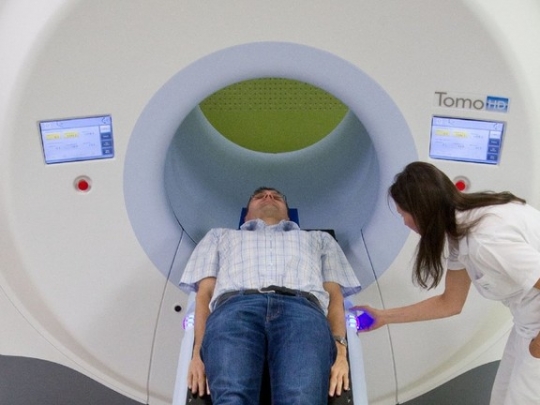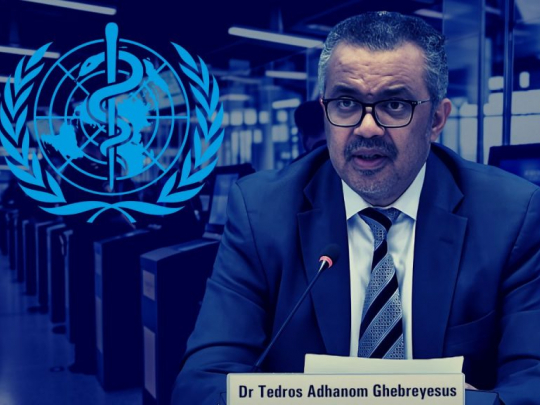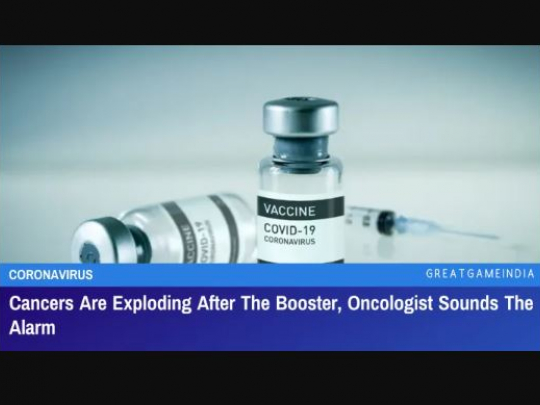Quick as a FLASH! Scientists find way to deliver ENTIRE COURSE of cancer treatment in less than a second

New research may revolutionize how cancer patients are treated after showing that it’s possible to give people an entire course of radiation therapy in less than a second instead of over several weeks.
In a study published on Thursday, scientists show how their potentially paradigm-shifting method, known as FLASH radiotherapy, has the same effect on tumors as traditional radiation therapy and it gets the job done in a fraction of the time.
Boffins from the University of Pennsylvania’s Abramson Cancer Center have taken the first steps in making the revolutionary treatment a reality by detailing how they used proton radiation to generate the dosage needed to theoretically give a cancer patient their entire course of radiotherapy in just one brief sitting.
The study also found that the FLASH method was less harmful to healthy tissue because of the shorter exposure time.
“This is the first time anyone has published findings that demonstrate the feasibility of using protons rather than electrons to generate FLASH doses, with an accelerator currently used for clinical treatments,” explained the study’s co-senior author James M Metz.
Previous groups of researchers have tried the approach with conventional photons, but currently available treatment devices failed to generate the necessary dosage.
The high levels of radiation required to deliver the treatment rapidly saturate radiation detectors, so the University of Pennsylvania team had to develop the tools needed to effectively and accurately measure treatment doses.
“We’ve been able to develop specialized systems in the research room to generate FLASH doses, demonstrate that we can control the proton beam, and perform a large number of experiments to help us understand the implications of FLASH radiation that we simply could not have done with a more traditional research setup,” Metz said.
The team say they are already beginning to optimize how they would use their techniques in clinical trials.
- Source : RT


















